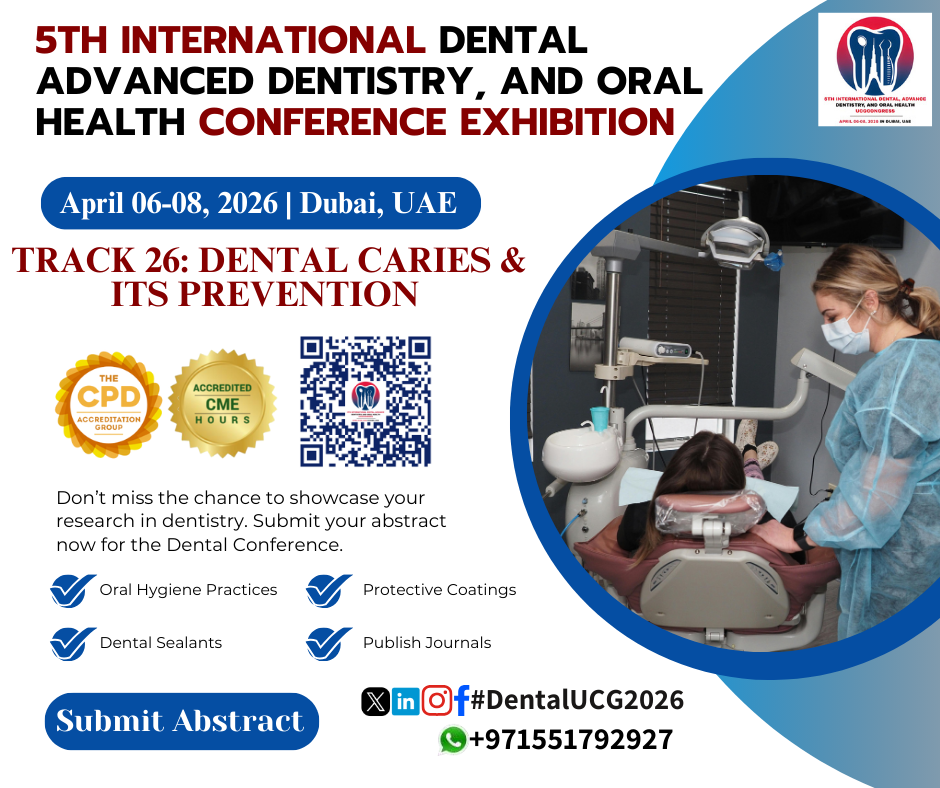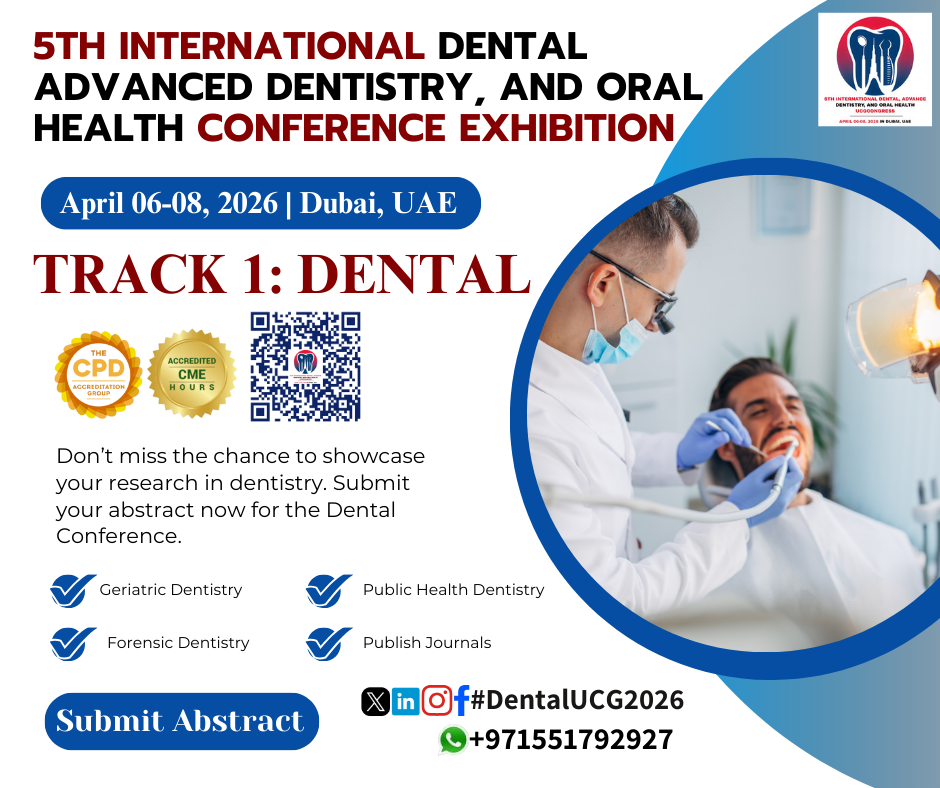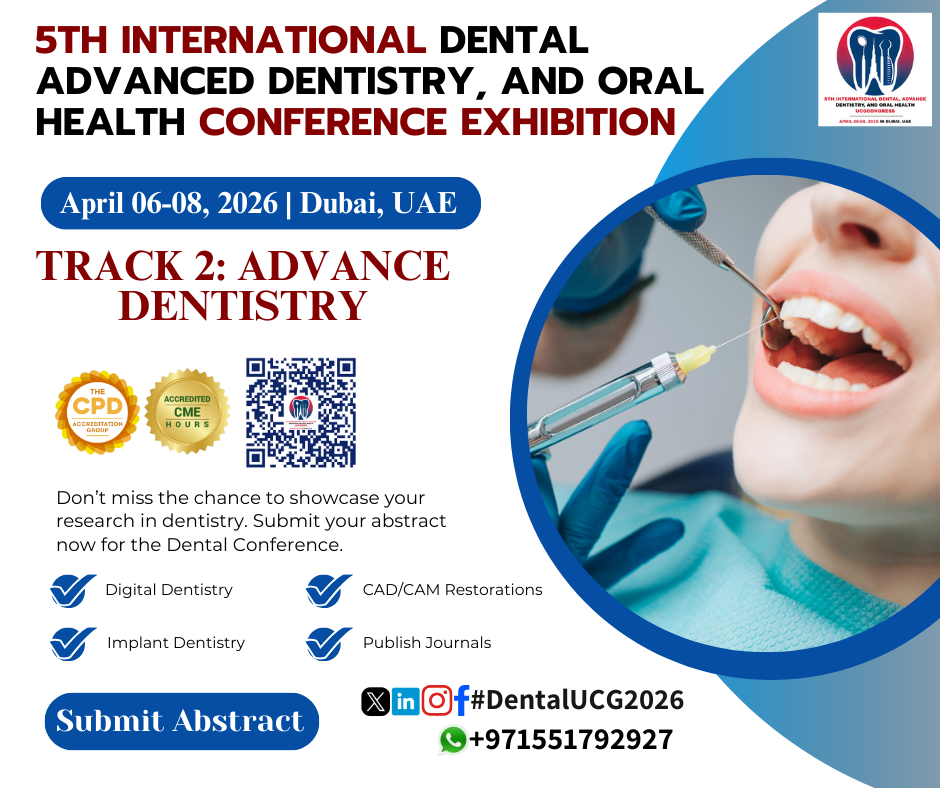Dental Caries & Its Prevention
1. Introduction
Dental caries, commonly known as tooth decay or cavities, is a chronic, multifactorial disease caused by the interaction of bacteria, dietary sugars, and tooth structure over time. It leads to the demineralization and destruction of the tooth enamel and dentin.
2. Causes of Dental Caries
- Bacteria: Streptococcus mutans and Lactobacillus are the primary culprits.
- Dietary Factors: High sugar intake promotes acid production by bacteria.
- Oral Hygiene: Poor brushing and flossing habits allow plaque buildup.
- Saliva: Reduced saliva flow can limit natural tooth cleansing.
3. Stages of Dental Caries
- Initial demineralization.
- Enamel decay.
- Dentin decay.
- Pulp involvement, leading to pain and infection.
4. Symptoms of Dental Caries
- White spots or discoloration on teeth.
- Tooth sensitivity to hot, cold, or sweet foods.
- Pain or discomfort.
- Visible holes or pits in teeth.
5. Prevention of Dental Caries
- Good Oral Hygiene:
- Brush teeth twice daily with fluoride toothpaste.
- Floss regularly to remove food particles between teeth.
- Dietary Modifications:
- Limit sugary and acidic foods and drinks.
- Incorporate fibrous foods that promote saliva production.
- Fluoride Use:
- Use fluoridated water and dental products.
- Professional fluoride treatments if needed.
- Regular Dental Visits:
- Routine check-ups and cleanings every six months.
- Early detection and treatment of cavities.
- Sealants:
- Application of dental sealants to protect grooves and pits in molars.
6. Treatment of Dental Caries
- Fillings: Restorative material to repair cavities.
- Root Canals: Treat severe decay reaching the pulp.
- Crowns: Protect weakened teeth.
- Extraction: Removal of irreparable teeth.
7. Conclusion
Dental caries is preventable through proper oral hygiene, a balanced diet, and regular dental care. Early detection and intervention can save teeth and maintain overall oral health.





